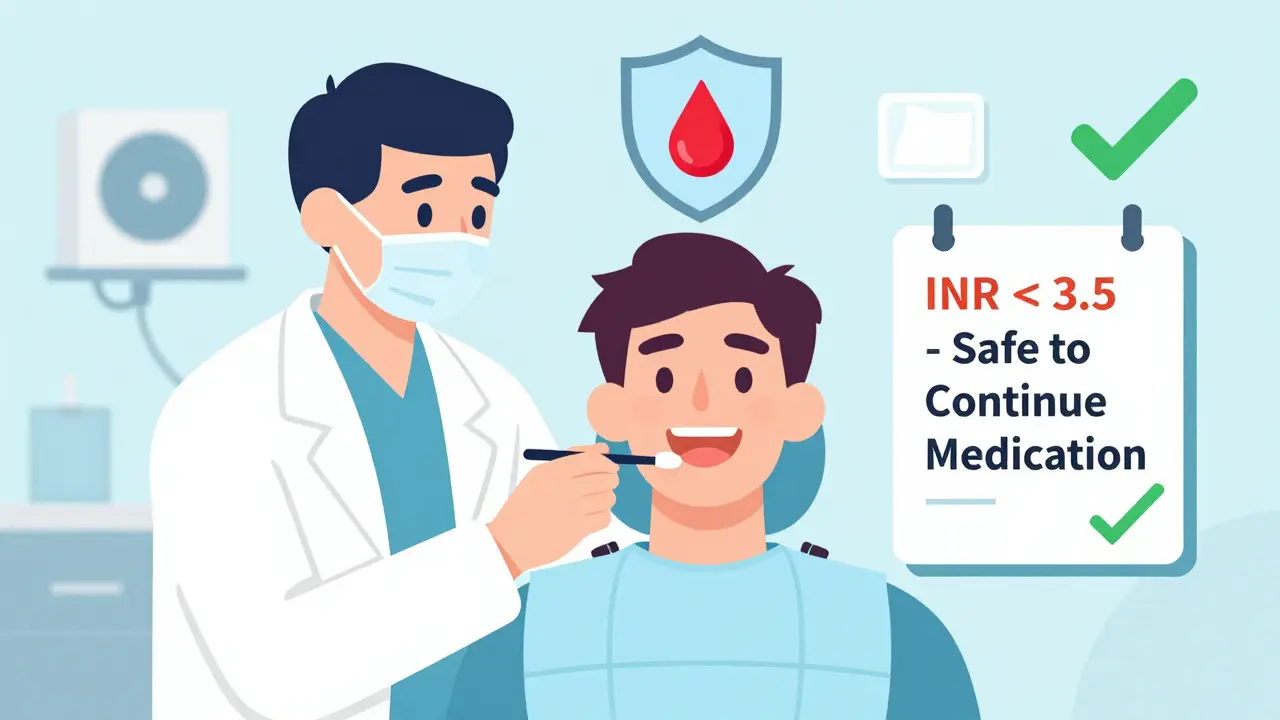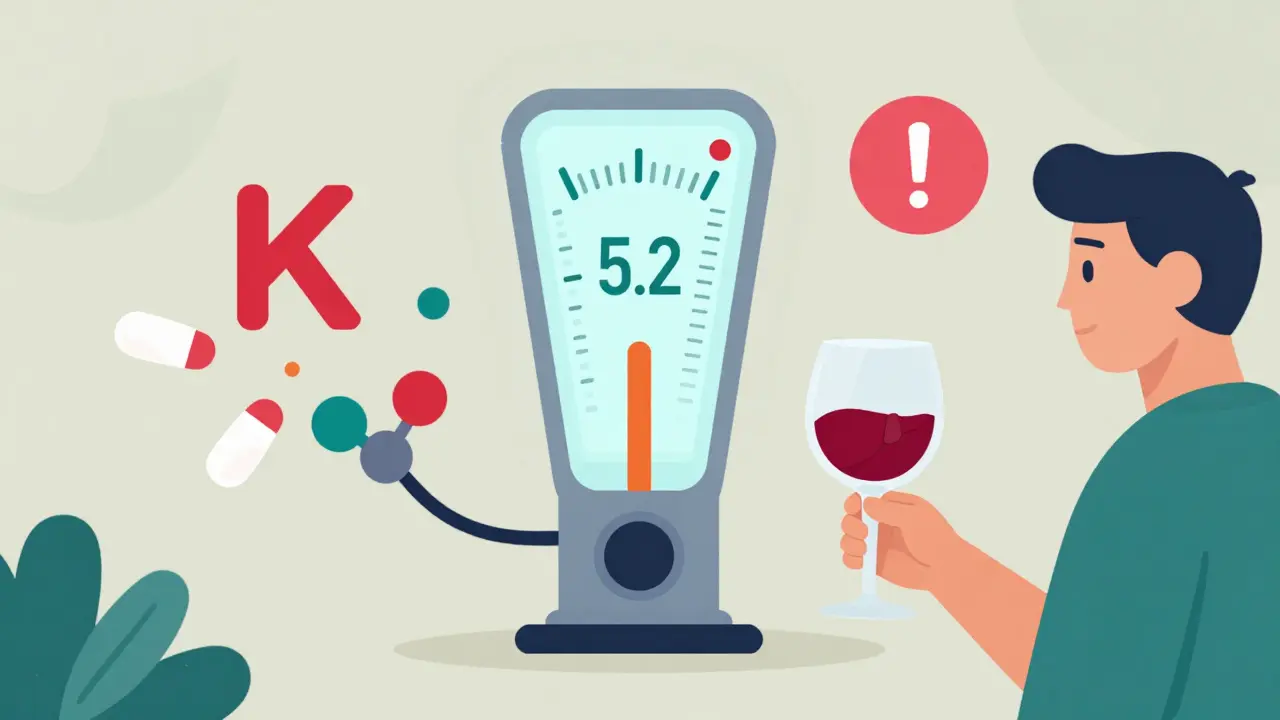Blood Thinners: What They Are and How to Use Them Safely
If your doctor mentioned "blood thinner," they’re talking about medicines that stop clots from forming or growing. These drugs are essential for people with atrial fibrillation, deep‑vein thrombosis, or a history of stroke. The most common names you’ll hear are warfarin, apixaban, rivaroxaban and dabigatran. Each works a bit differently, but the goal is always the same: keep blood from getting too thick.
Common Blood Thinner Types
Warfarin (Coumadin) has been around for decades. It blocks vitamin K, which your liver needs to make clotting proteins. Because diet can change how warfarin works, you’ll need regular blood tests (INR) to stay in the right range.
Direct oral anticoagulants (DOACs) like apixaban (Eliquis), rivaroxaban (Xarelto) and dabigatran (Pradaxa) are newer. They target specific steps in the clotting process, so you usually don’t need routine blood monitoring. However, they still interact with some foods and other meds.
Safety Tips You Can Follow Today
First, keep a list of every prescription, over‑the‑counter drug, and supplement you take. Even herbal products like ginkgo or high‑dose vitamin E can boost bleeding risk. Second, watch your diet: with warfarin, avoid sudden changes in leafy greens, broccoli or liver intake because they’re rich in vitamin K.
Third, always tell any dentist or surgeon you’re on a blood thinner before procedures. They may pause the medication briefly to reduce bleeding. Fourth, know the warning signs of too‑much thinning: unexplained bruises, nosebleeds that won’t stop, black stools, or blood in urine.
If you notice any of these, call your doctor right away. A quick lab test can tell if your dose needs adjusting.
Many people wonder about alternatives to blood thinners because of side effects. In some cases, lifestyle changes—regular exercise, weight control, and quitting smoking—lower clot risk enough that doctors might reduce the dose or switch meds. For those who can’t tolerate warfarin, a DOAC is often the first backup.
There are also non‑drug options like compression stockings for vein health or aspirin in low doses for certain heart patients. Always discuss these choices with your healthcare provider; they’ll weigh benefits against bleeding risk.
Our site includes articles on related topics that can help you decide, such as "Statin Intolerance" for cholesterol management and "Spironolactone vs. Lasix" for diuretic use. Reading about drug interactions, like the review of truecanadapharmacy.com, also gives insight into safe online purchases if you ever need a refill.
Bottom line: blood thinners save lives, but they demand attention. Keep your medication list updated, follow diet advice, watch for bleeding signs, and stay in touch with your doctor. With these simple steps, you can enjoy the protection they offer while minimizing risks.
Learn the latest guidelines on dental procedures while taking blood thinners. Discover why stopping anticoagulants is often more dangerous than continuing them, and what steps to take for safe, effective dental care.
Feb, 13 2026
About 70% of women on blood thinners experience heavy menstrual bleeding. Learn what causes it, which medications are safest, and the most effective treatments-including the levonorgestrel IUD-that won't interfere with your anticoagulant therapy.
Jan, 27 2026
Alcohol can cause dangerous spikes in INR levels for people taking warfarin, increasing bleeding risk. Learn how much is safe, why genetics matter, and what symptoms to watch for.
Jan, 3 2026
Warfarin has long been a staple for preventing blood clots, but it’s not the only option. This article explores nine alternatives that promise effective anticoagulation with varying benefits and drawbacks. Understanding the pros and cons of each can help in making informed healthcare decisions, especially for those seeking options with fewer dietary restrictions or different dosing schedules. Whether you're considering oral medications or injectables, there are modern choices available beyond Warfarin.
Mar, 24 2025




